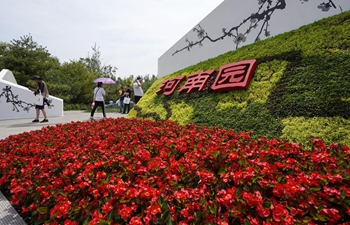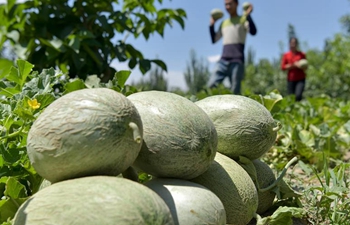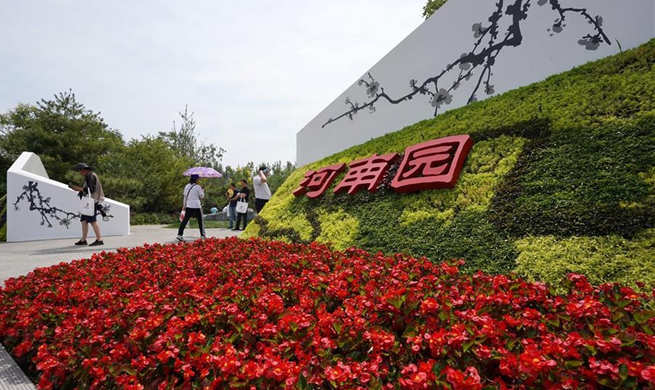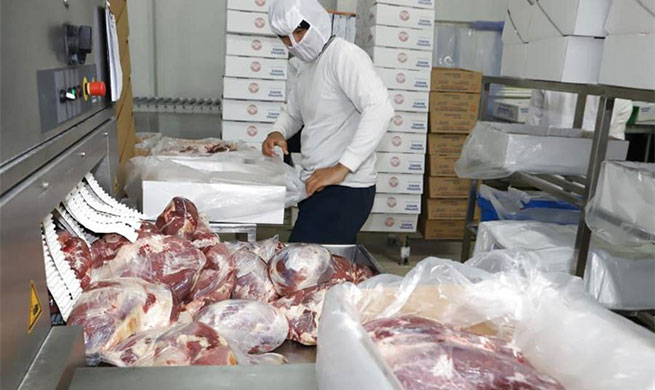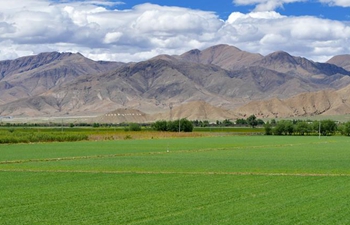BUENOS AIRES, June 24 (Xinhua) -- In Argentina's capital Buenos Aires, garbage gets a new lease on life.
Before ending up in landfills, some 10 to 11 tons of solid waste in the Villa Pueyrredon neighborhood of Buenos Aires are sorted daily for anything which can be turned into raw materials for industrial use.
Sorting out cans, milk cartons, used plastic bags, old newspaper and other things is "about finding value in what they call garbage," Roberto Gomez, head of the urban recycling cooperative El Alamo, recently told Xinhua.
He said that in paper factories, materials derived from recycled cardboard, paper or magazines can directly be made into paper items and reenter the market, such as egg cartons.
Plastic recycling is the toughest, which involves "a wide range of classifications" and a fairly industrialized process that requires proper investment, he said.
"You have to classify plastic adequately, you have to separate it, and it has a value-added process that serves to grind it and pelletize it before it's returned to (the) industry," he said.
Buenos Aires sees around 4,500 urban collectors and recyclers handle a daily amount of about 6,000 tons of garbage, according to the city's environmental agency's reports.
Among those that are recovered here, El Alamo, a cooperative which maintains agreements with private companies and community organizations, accounts for 20 percent, said Gomez, noting that the cooperative can triple its processing capacity to at most 33 tons of waste per day.
He noted that for cooperatives, the Argentina-styled recycling groups, to realize such expansion needs greater incentives and better facilities from the governments.
Many garbage "can be recovered, everything has a means of sustainability, but political decisions are needed for that ... investment and state policies are needed," he said.
Argentina reached an annual level of 12 million tons of waste more than a decade ago, 5 million tons of which were generated in Buenos Aires province, according to a report by Argentina's Ministry of Environment and Sustainable Development.
The South American country now is home to a significant number of urban recycling cooperatives. Seventy of them formed a guild called Federation of Cardboard Sellers and Recyclers.
In 2017, the composition of solid waste nationwide was 14 percent paper and cardboard, 13 percent plastics, 4 percent glass and 2 percent metals, said the ministry's report.








